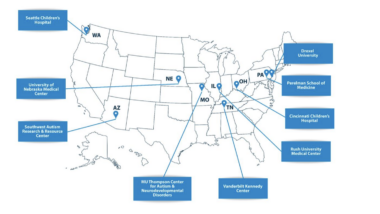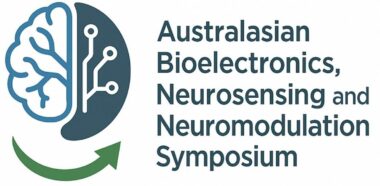Monash University-led research into growing human brain cells onto silicon chips, with new continual learning capabilities to transform machine learning, has been awarded almost $600,000 AUD in the prestigious National Intelligence and Security Discovery Research Grants Program.
The new research program, led by Associate Professor Adeel Razi, from the Turner Institute for Brain and Mental Health, in collaboration with Melbourne start-up Cortical Labs, involves growing around 800,000 brain cells living in a dish, which are then “taught” to perform goal-directed tasks. Last year the brain cells’ ability to perform a simple tennis-like computer game, Pong, received global attention for the team’s research.
According to Associate Professor Razi, the research program’s work using lab-grown brain cells embedded onto silicon chips, “merges the fields of artificial intelligence and synthetic biology to create programmable biological computing platforms,” he said.
“This new technology capability in future may eventually surpass the performance of existing, purely silicon-based hardware.
"The outcomes of such research would have significant implications across multiple fields such as, but not limited to, planning, robotics, advanced automation, brain-machine interfaces, and drug discovery, giving Australia a significant strategic advantage."
The project garnered funding from the prestigious Australian grant body because the new generation of applications of machine learning, such as self-driving cars and trucks, autonomous drones, delivery robots, intelligent hand-held and wearable devices, “will require a new type of machine intelligence that is able to learn throughout its lifetime,” Associate Professor Razi said.
This “continual lifelong learning” means machines can acquire new skills without compromising old ones, adapt to changes, and apply previously learned knowledge to new tasks—all while conserving limited resources such as computing power, memory and energy. Current AI cannot do this and suffers from “catastrophic forgetting”.
In contrast, brains excel at continual lifelong learning.
The project’s aim is to grow human brain cells in a laboratory dish, called the DishBrain system, to understand the various biological mechanisms that underlie lifelong continual learning.
“We will be using this grant to develop better AI machines that replicate the learning capacity of these biological neural networks. This will help us scale up the hardware and methods capacity to the point where they become a viable replacement for in silico computing,“ Associate Professor Razi said.
For media enquiries please contact:
Monash University
Tania Ewing
E: [email protected]
T: 0408 378 422
For more Monash media stories, visit our news and events site
For general media enquiries please contact:
Monash Media
E: [email protected]
T: +61 (0) 3 9903 4840
Contact details:
Tania Ewing
0408 378 422
[email protected]


